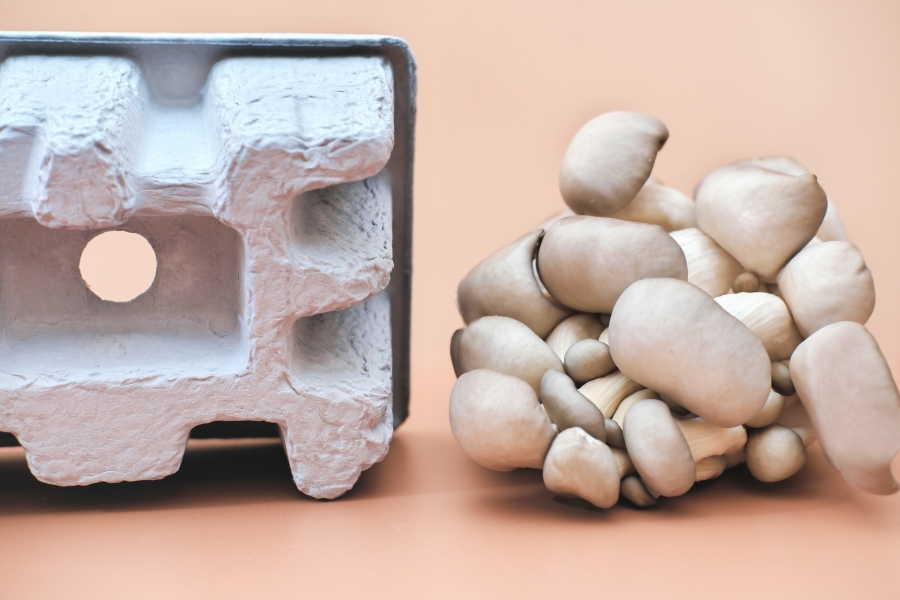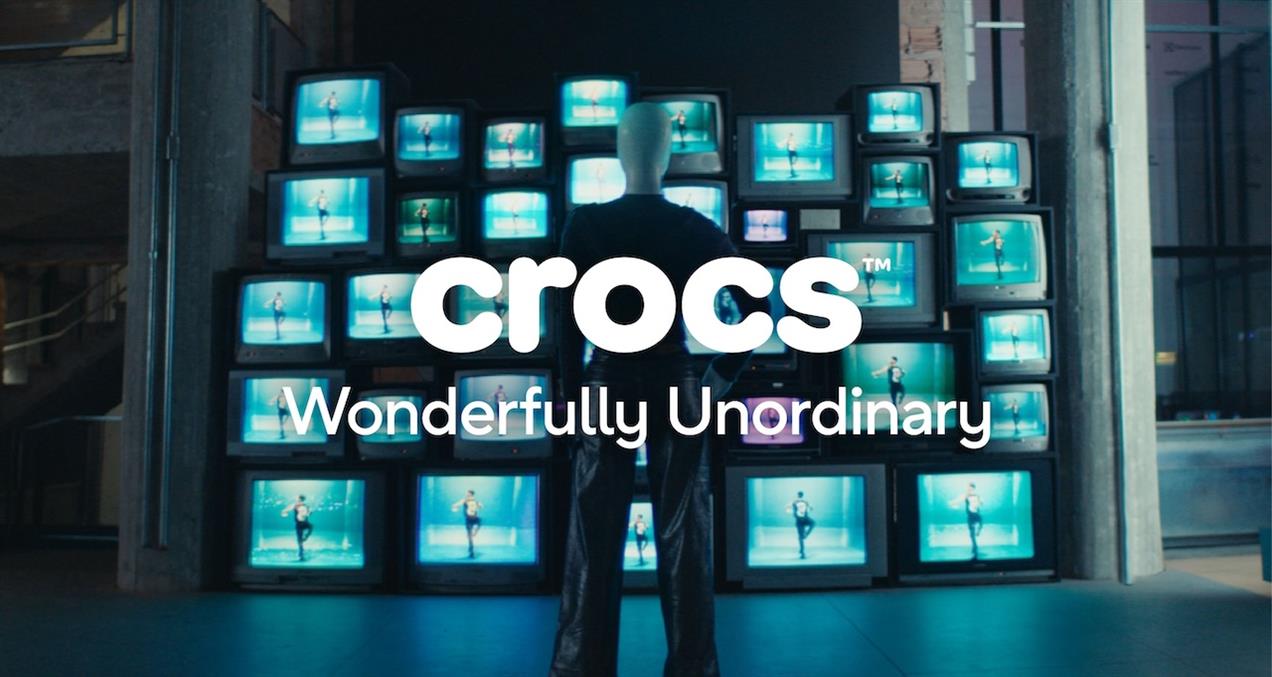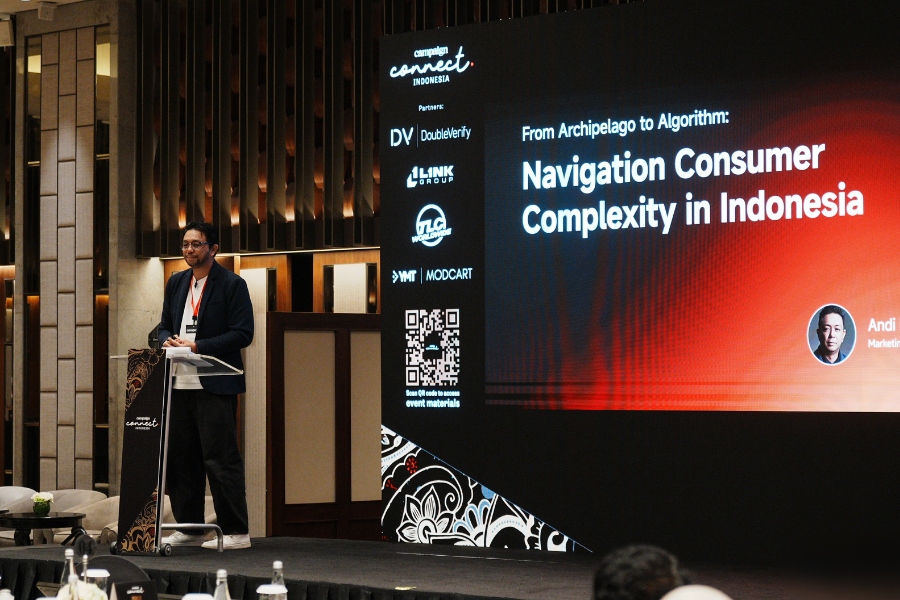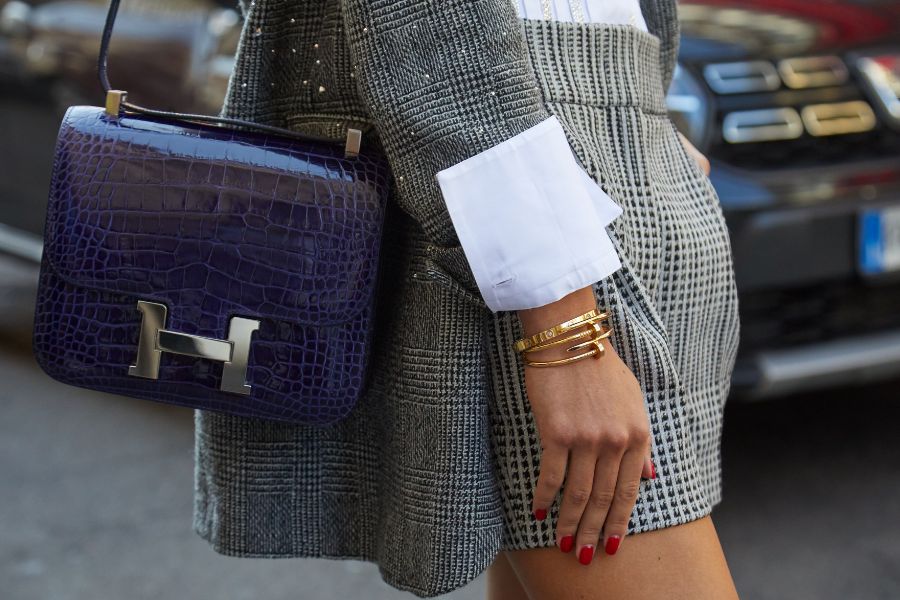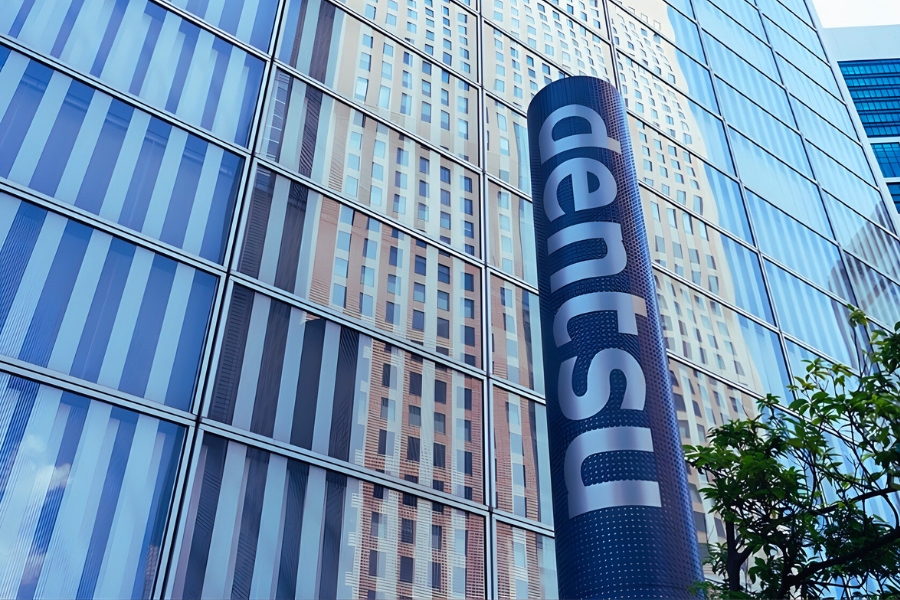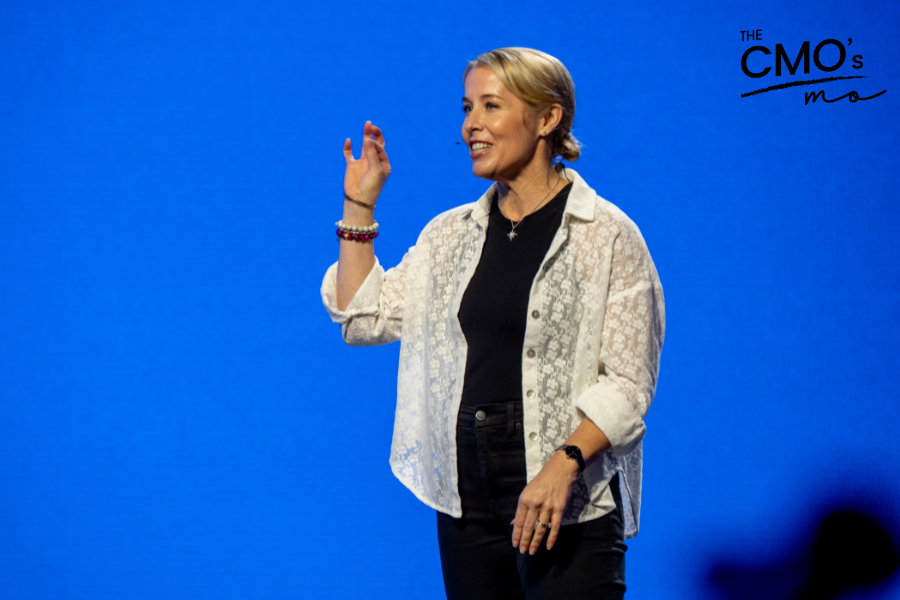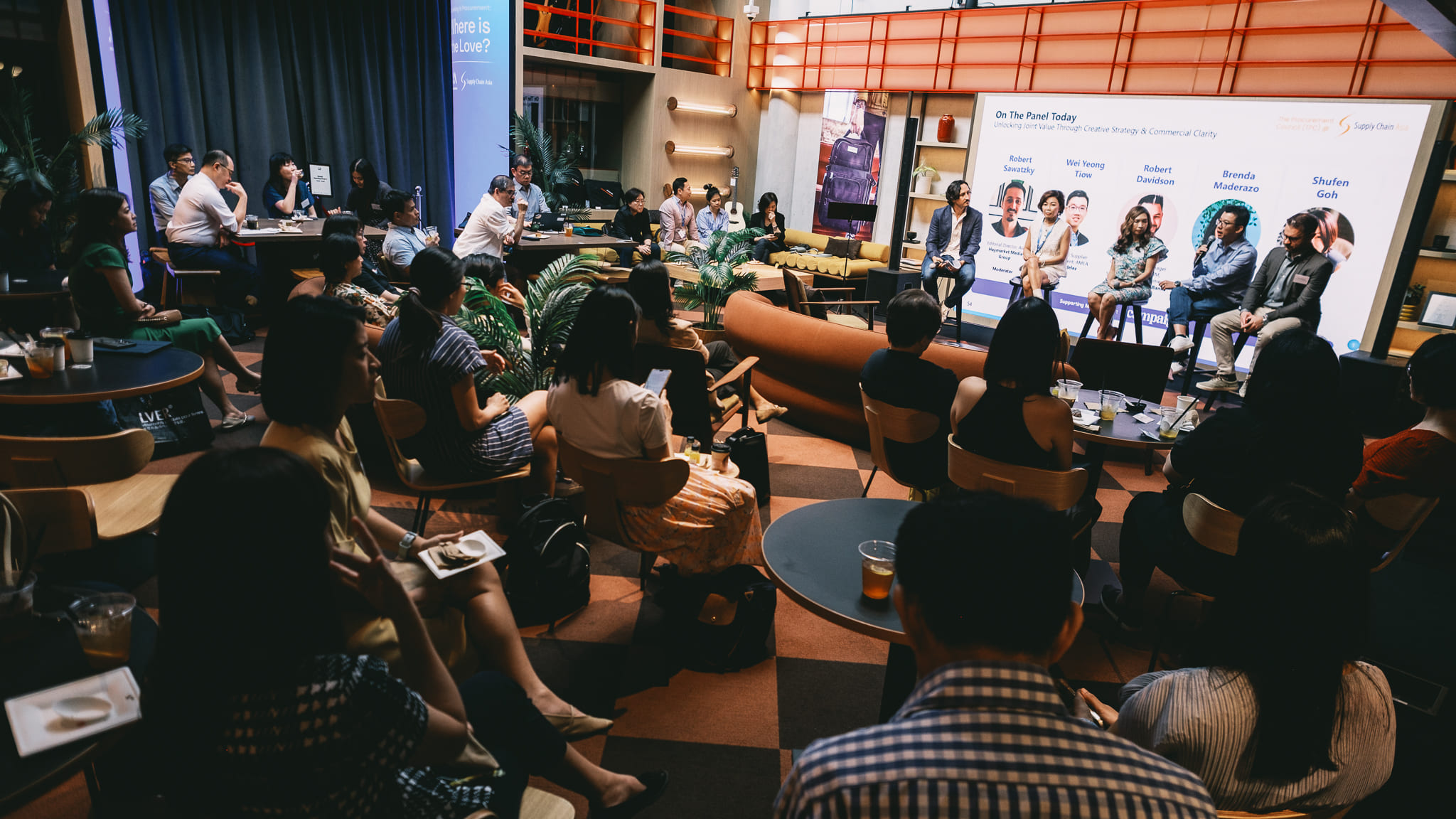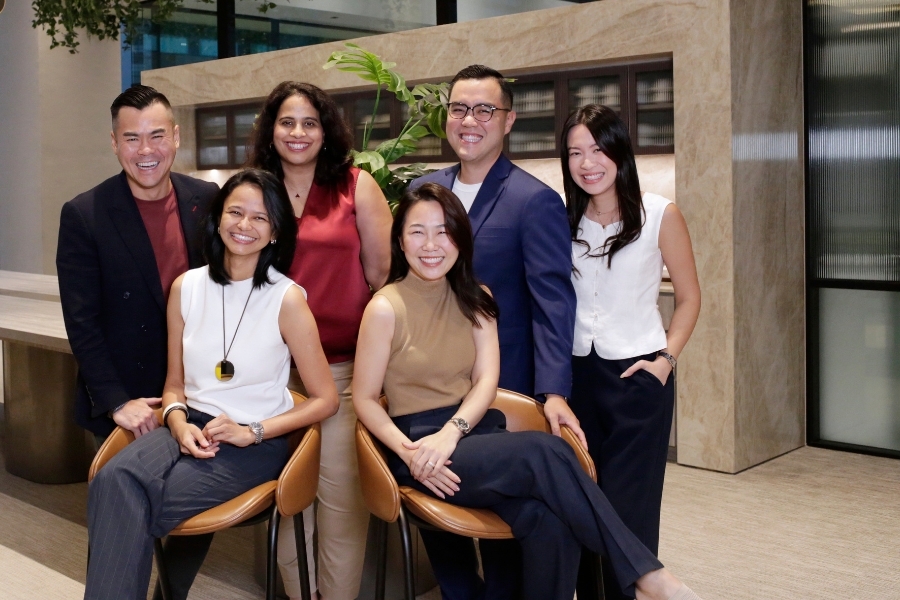Straws, plastic bags, bottles, wrappers; just how much have we cut back on single-use plastics? Not enough. In fact, some of the biggest global brands, including PepsiCo, Mars and Nestle are almost certain to miss a target to make plastic packaging more sustainable by 2025, according to a recent report by the U.N. Environment Programme and the Ellen Macarthur Foundation.
What's more alarming is the surge in the usage of so-called 'virgin' plastics, which are produced using crude oil and natural gas rather than recycled materials and emit a lot of greenhouse gasses. Coca-Cola's use of virgin plastic increased by nearly 100,000 metric tons between 2019-2021.
Amid a worsening climate crisis, the need to eradicate single-use plastic and push for sustainable packaging has never been more critical. Plastic generates more greenhouse gases (GHGs) than the entire amount of annual emissions from the aviation and shipping industries combined. Currently, more than 11 million tonnes of plastic enter the ocean every year. And last year, researchers even found plastic particles in human blood for the first time.
Is seaweed the solution?
While there is clearly a lot of work still to be done towards weaning us of single-use plastics and mainstreaming sustainable brand packaging, some organisations are making significant headway. Notpla, is a sustainable seaweed packaging company that recently won Prince William's Earthshot Prize and were awarded £1 million to support the scaling up of the business. They also won the Cannes Lions Grand Prix for design in 2020/2021.
Notpla, short for "Not Plastic", creates packaging solutions made from seaweed and plants that are naturally biodegradable and home-compostable, just like a piece of fruit.

Founded in 2019, the company has already started partnering with global brands like Lucozade to replace single-use plastic cups and bottles, as well as JustEatTakeaway.com to launch a food container coated with seaweed, a revolutionary move for the takeaway industry that has traditionally relied on plastic or chemicals to hold food.
"We have proven with Notpla that single-use plastics are not a necessity but a habit that society has become accustomed to," says Pierre Paslier, Notpla's co-founder. "Our mission statement is to make plastic disappear; informing wider society where this is even a realistic possibility is half the battle."
To help with that battle, and to cut through and convey their mission to the public, Notpla enlisted Superunion, a global brand and design consultancy, who decided simplicity was the key to communicating their message.
"Simplicity underpins our approach to brand. The simpler and more accessible an idea and message, the better it translates globally," says Mark Wood, senior creative director at Superunion. "When we tried to bring this to life through the brand, we subverted convention by starting not with what it is, but what it’s not. Simply, Notpla is 'not plastic'. This helps to create a distinctive and important brand message that pushes against the status quo. There’s beauty in this simplicity."
And having recently won the prestigious Earthshot Prize, it's clear that Notpla's simple message is resonating.
"It’s amazing to see the conversation around the overuse of single-use plastics that we have played a part in spotlighting is turning from a ripple into a wave," says Margaux Deguerre, marketing & communication lead at Notpla. "Across our socials, the simplicity of our message and comms has helped to increase our reach and land us at the door of our end users with more and more people sharing our content."
Going forward, Notpla plan to use the spotlight that is now on them to make sure change is happening in the right way.
"We will step into our role as activists and use our story to encourage more people to join the fight against single-use plastics," says Deguerre. "As part of this, we want to continue building a network of influencers and changemaking organisations to encourage important conversations and drive change through behaviour and policy."

And winning the £1,000,000 Earthshot Prize is set to be a huge help in scaling up the organisation and bolstering their mission to make packaging, as we know it, disappear naturally.
"It is allowing us to really focus on research and develop new innovative products that will grow our portfolio of sustainable packaging solutions," says Paslier. "There is great momentum in the quest to discover and promote materials which can replace the use of single-use plastics. Seaweed is at the forefront of this movement and it is really exciting to see other natural based solutions emerging all the time."
Costs and inconvenience: barriers still remain to adopting sustainable packaging
According to Mintel Consulting's 2022 Sustainability Barometer, plastic pollution has been one of the top three environmental issues consumers have been concerned about in the past year.
Yet, although consumers claim to want to act in a more environmentally friendly manner, this does not always imply that they can do so religiously. In India, for example, while 69% of consumers claim that living sustainably is their top priority, less than a third of them regularly engage in green behaviours.
"The main barriers to adopting sustainable packaging are similar to the main barriers to achieving a more sustainable lifestyle," says Pongsanguan Woon Jiradechakul, Mintel's associate director, consumer lifestyle research, South APAC. "External barriers include the high costs and limited availability of sustainable products, as well as internal barriers such as inconvenience, a lack of knowledge, or a sense of urgency."
During times of high inflation and global recession, the high cost of sustainable products can be a major external impediment as people usually associate sustainable packaging with higher than regular products. According to the Mintel APAC Economic Tracker in December 2022, at least one-third of consumers in Japan, Australia, and Thailand have turned to less expensive alternatives in the last three months, such as using more private labels or switching to more affordable retailers and will continue to do so in the future.
"This means that businesses should prioritise demonstrating value for money in sustainable packaging," says Jiradechakul. "Promoting refill pouches, for example, in a broader range of product categories. The pouch products are less expensive than bottle equivalents due to lower production costs, making them more affordable and cost-effective options for shoppers."
Usage inconvenience is also a significant barrier to the adoption of sustainable packaging. Fast-paced lifestyles in the APAC region have forced consumers to prioritise convenience in their daily lives. As a result, consumers regard sustainability and environmentalism as secondary concerns. 67% of Thai consumers, for example, believe that the convenience of a product's packaging is more important than its environmental friendliness. This presents an opportunity for brands to reconsider how they package their products to cater to eco-conscious consumers without sacrificing convenience.
Will 2023 be the year brands end their plastic addiction?
Much like Notpla, another organisation that is on a mission to make sustainable packaging accessible to brands is Noissue, a New Zealand-based global packaging platform, that offers packaging that is reusable, compostable or made from recycled materials, which typically includes a number of renewable plant-based materials and/or bio-polymers.

Founded in 2017, Noissue has partnered with a growing list of brands in the last few years, including Baggu, a reusable bag company, on their Eco-Alliance certified custom recycled mailers and Allbirds, a footwear and apparel company, on reusable custom tote bags.
"Our vision is to be able to support brands of all sizes in making the move to sustainable packaging," says co-founder and CEO, Josh Bowden. "We know the barriers to that are usually high minimum order quantities, lack of customisation, or long lead times – our platform helps brands overcome those challenges."
Noissue also believes they can have significant impact by promoting the reuse and correct disposal of packaging.
"We recently launched our Eco-Alliance certification which is a QR-enabled end-of-life resource for brands to use on their packaging, helping their customers correctly dispose of their packaging."
And for brands who are keen to support the move towards sustainable packing, Bowden recommends that, in terms of actions to take, brands don’t need to replace everything all at once; they can consider starting with just one product.
"In retail and e-commerce that might be the switch to compostable or recycled mailers, or in food and beverage compostable food wrapping paper," says Bowden. "Make sure to explain these products to your customers, both the circular materials, but also why it’s important to your brand to make the shift. They will appreciate the change you’ve made, and it will also help your customers understand more about circularity – we're all in this together."
While many strides are being made in progressing sustainable packaging, overall, people still prioritise practicality, convenience, and money in their pockets, despite increased awareness of sustainability. This is especially true given the economic uncertainty and cost of living crisis.
"Businesses should emphasise sustainability in their product packaging, as well as other important factors that customers look for, such as cost-effectiveness, ease of use, and emotional/mental benefits," says Jiradechakul. "For example, since people associate sustainable packaging with higher prices than traditional products, brands can show how sustainable packaging can save them money in the long run."

